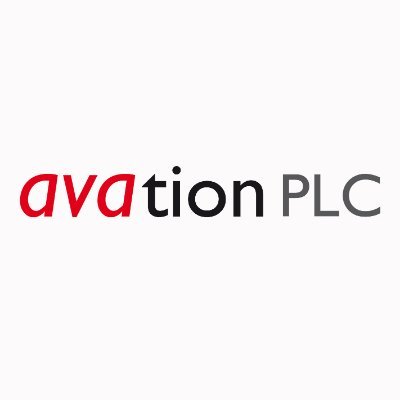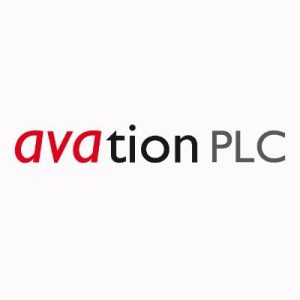Efforts to drive the growth of the sustainable aviation fuel (SAF) market are being bolstered by government initiatives, bulk purchases from major airlines, and backing from corporations with frequent-flying employees. These efforts come as the SAF industry has been struggling with supply limitations.
In August, Washington provided further support by awarding $244.5 million to 22 projects aimed at increasing cleaner fuel production and improving supply chains. Sustainable aviation fuel sales, which reached $460 million in 2022, are projected to grow to $17.8 billion by 2031, according to Coherent Market Insights. However, there is a significant question regarding whether SAF can scale up quickly enough for the aviation sector to achieve net-zero emissions in the next 15 years.
The Biden administration’s SAF Grand Challenge, launched three years ago, aims to make aviation fully reliant on sustainable fuels by 2050. As it stands, SAF accounts for less than half of 1 percent of total aviation fuel. Zia Abdullah, a programme manager at the National Renewable Energy Laboratory, emphasises the difficulty of the challenge, stating that production would need to double each year. Airlines and international bodies such as the United Nations’ International Civil Aviation Organization have also committed to net-zero emissions by 2050. Globally, there are 140 SAF projects involving 100 producers across 31 countries, according to the International Air Transport Association.
Despite this momentum, sustainable fuels remain more expensive than traditional kerosene, posing a challenge for airlines operating on tight profit margins. The US and European Union are addressing this through incentives and mandates, such as the EU’s target for 70% SAF use in planes by 2050. Meanwhile, a number of corporations are stepping in to help bridge the gap, purchasing SAF to offset emissions related to business travel.
Proponents of SAF argue that these fossil-free fuels could cut the lifecycle emissions of a flight by as much as 80%. Aviation emissions are particularly problematic, contributing more to global warming than any other form of transportation. Aviation accounts for 2.5% of global annual emissions, while research has shown that air travel is responsible for 4% of the world’s warming since the Wright brothers’ first flight.
SAF can be made from various sources, such as algae, corn, waste materials, and even CO2. Typically, these fuels are blended with traditional fuel at concentrations ranging from 10% to 50%. Although air travel will always have a carbon footprint, SAF aims to reduce the impact by relying on “modern” carbon, which cycles through ecosystems, instead of adding new fossil carbon to the atmosphere. For SAF to succeed commercially, it needs to meet strict technical standards and work seamlessly with existing fuels.
The aviation industry is increasingly investing in SAF. United Airlines was the first US carrier to use SAF on international flights, and its United Airlines Venture Fund, supported by partners like GE Aerospace and Google, is helping early-stage fuel producers grow. Additionally, many companies, including AstraZeneca, Deloitte, and Netflix, are purchasing SAF certificates to reduce their emissions from travel. These “book and claim” deals allow businesses to financially support SAF without necessarily using it for their own travel.
Corporate backing is vital to SAF’s growth, as it helps airlines like JetBlue, which has been flying with SAF blends since 2020, secure the volumes they need. Large, multi-year agreements from corporate clients also help startups by providing financial stability. As Zia Abdullah noted, such deals play a crucial role in ensuring that SAF can become a viable solution for the future of aviation.
Avation PLC (LON:AVAP) is a commercial passenger aircraft leasing company owning a fleet of aircraft which it leases to airlines across the world. Avation’s future focus are new technology low CO2 emission aircraft.


